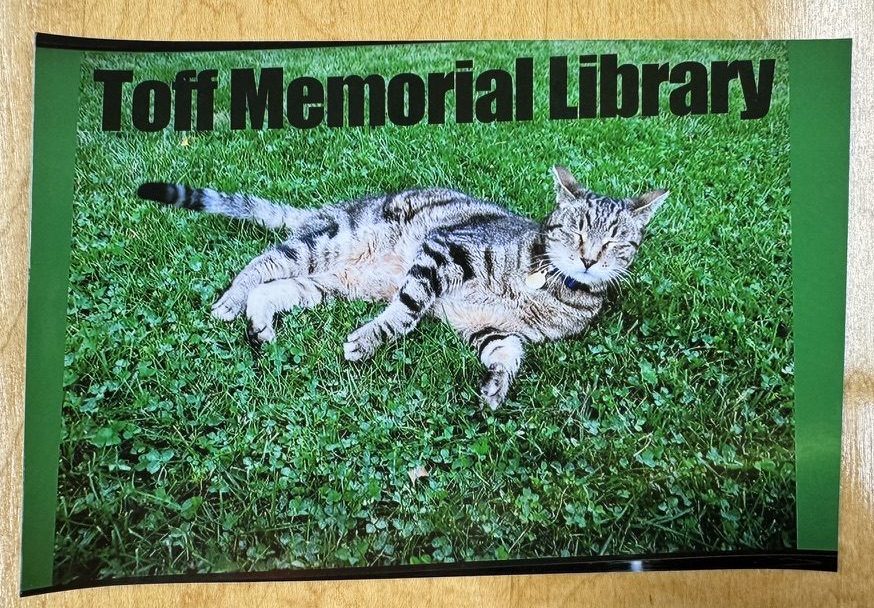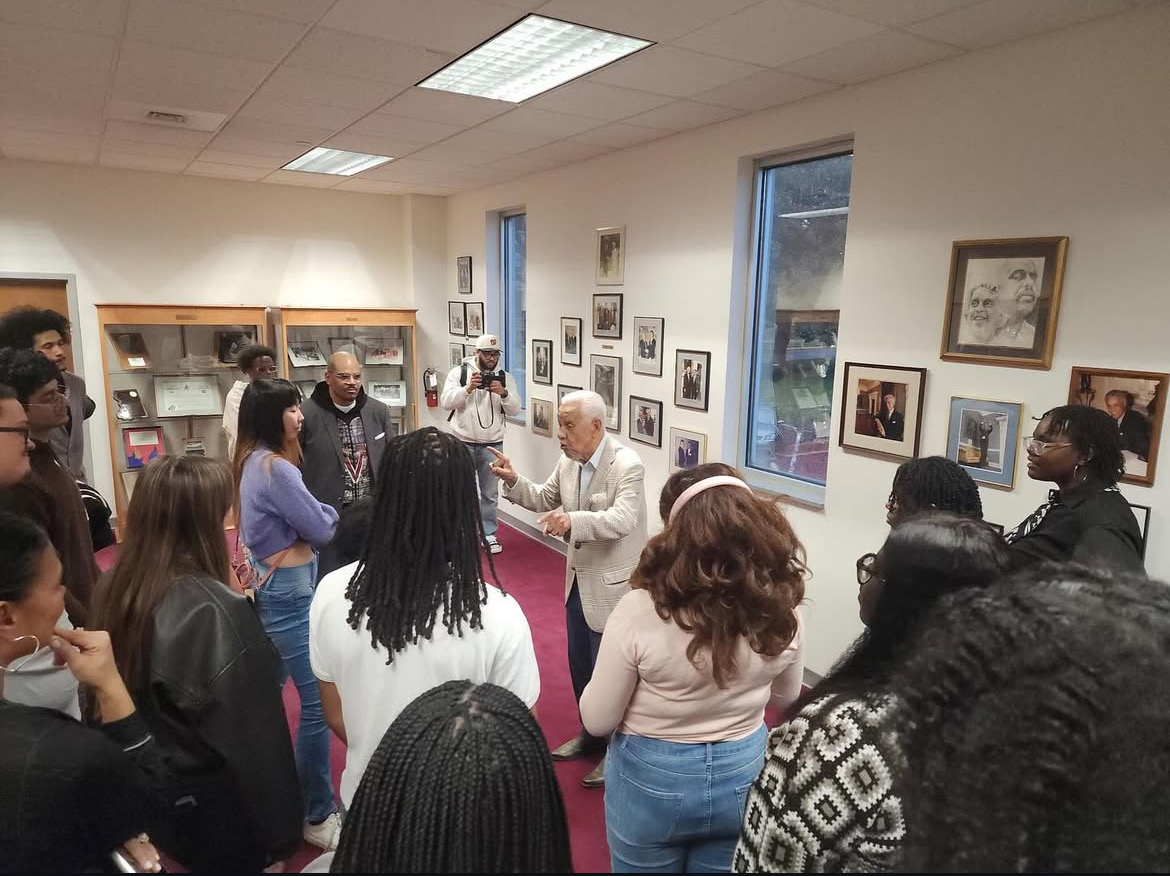Have you seen this little insect around? Probably not, as they are most easily seen within the seed pods of wild indigo plants in the Arb. This is a seed pod weevil, which grows to be about ¼ inch long. Weevils are seed predators that lay their eggs in members of the Baptisia genus, or wild indigo plants.
The Arb has two species of wild indigo plants, primarily White Wild Indigo (Baptisia lactea) but also Plains Wild Indigo (Baptisia bracteata) in the McKnight Prairie. Weevils were first spotted in the Cowling Arboretum during the summer of 2008, although it is not clear how the weevils arrived in the Arb. While they are a native species, weevils often strongly affect the reproduction of wild indigo plants. When the wild indigo plants produce their pods beginning in the mid-summer, weevils bore holes into the seed pods of wild indigo plants and lay their eggs within the pod. The pods provide protection for the larvae growing inside them. When the eggs hatch and weevil grubs are born, they feed on more developing seed pods within the indigo plant, causing the plant to abort the pods. You can find more information on North Carolina State’s page about the Baptisia Seed Pod Weevil.
As many wild indigo plants are still producing seeds as we near the end of the growing season, the weevils may be observable for a few more weeks. As we approach winter, weevils may overwinter in the seed pods or in soil, and they will be less likely to be seen.












